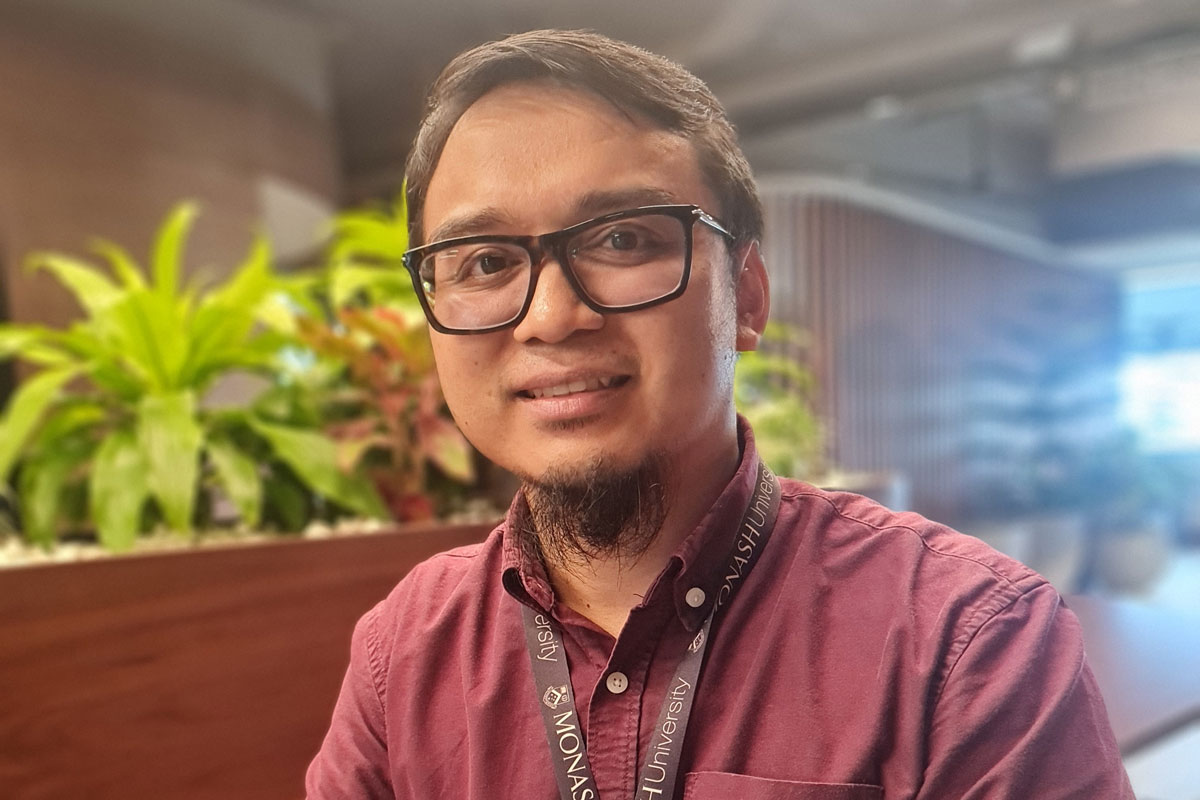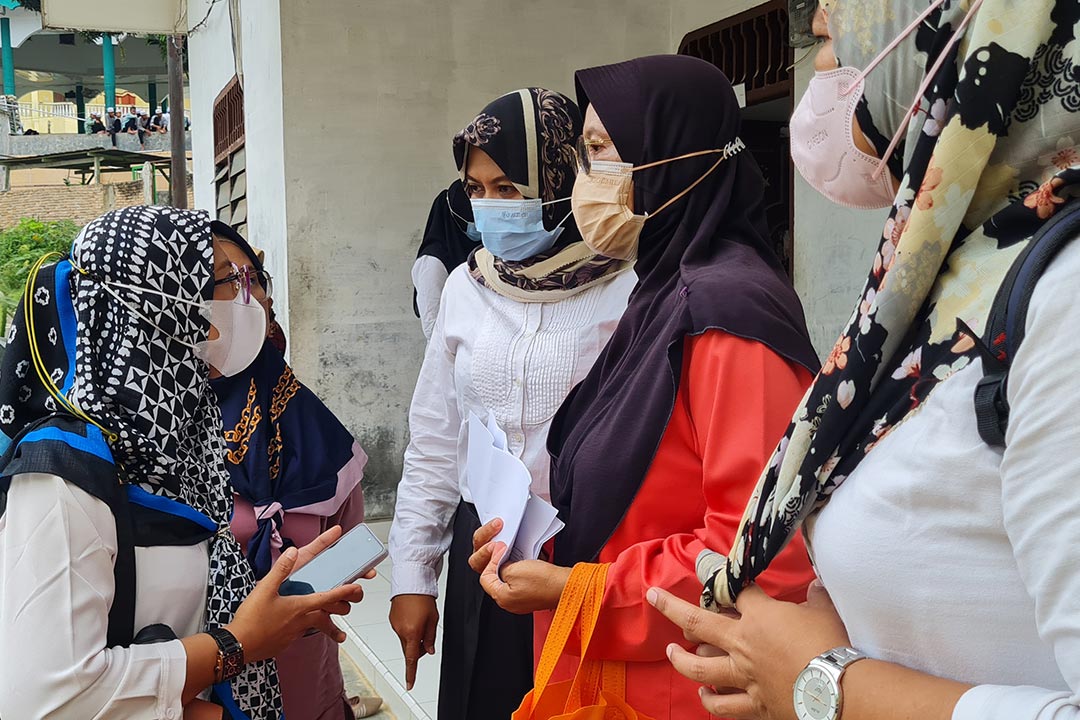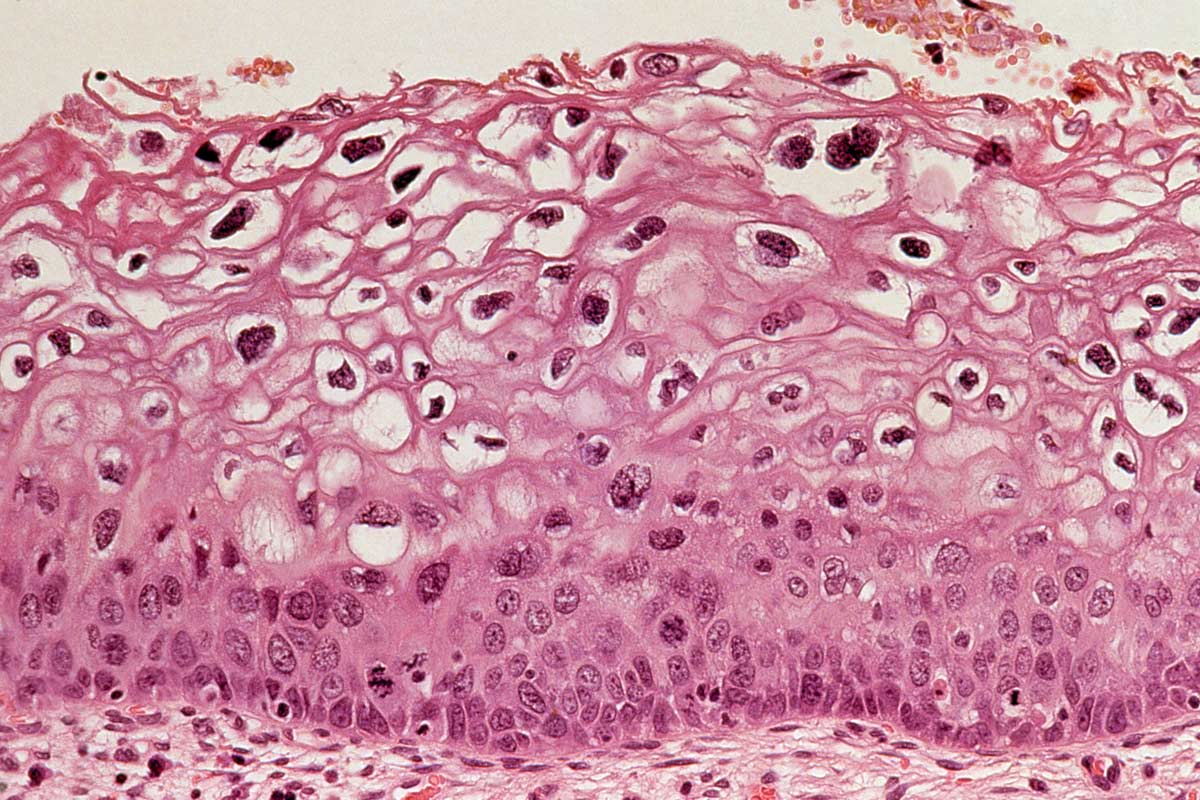A broad coalition pulls together to help Indonesia curb polio in its vaccine-shyest province
Aceh is 95% vaccinated against Type 2 polio following a recent shock outbreak, a landmark achievement in the notoriously vaccine-hesitant province.
- 21 March 2023
- 4 min read
- by Dyna Rochmyaningsih
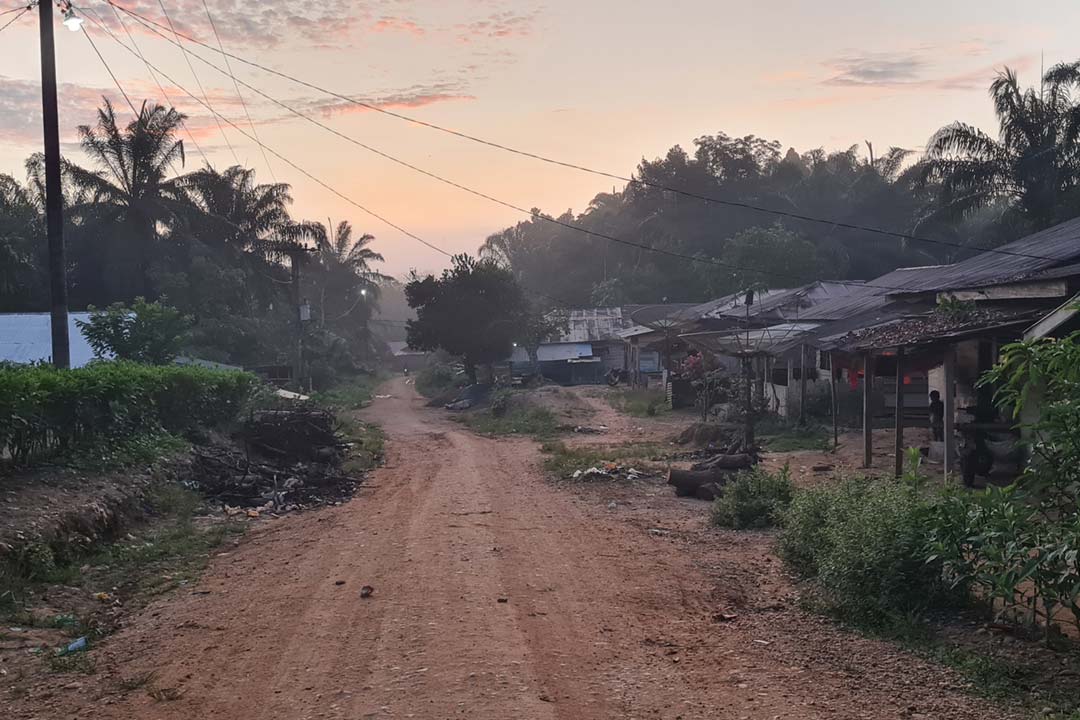
In Mane, a village nestled among the mountainous forests of Aceh, a seven-year old boy contracted a fever one Thursday in early October 2022. Three days later, he started to feel pain in his limbs. Soon, he found, he was unable to walk.
The child was brought to a local health centre. The doctor suspected polio, a diagnosis that would amount to a serious setback: all of Southeast Asia had been declared polio-free in 2014.
He took a faecal sample and sent it to Jakarta for laboratory analysis. On 8 November, the laboratory result confirmed the sample contained poliovirus – and specifically, type 2 poliovirus.
"Before the outbreak, Aceh had the lowest vaccination rate in Indonesia. In Pidie Jaya, it was as low as 17%"
The news quickly reached the headquarters of the Ministry of Health (Kemenkes) in Jakarta. The type 2 poliovirus was understood to have been eradicated globally, said Dr Maxi Rein Rondonuwu, Director General of Disease Prevention and Control at Kemenkes during a press briefing on 19 November 2022. "The world's target is to eradicate polio by 2026. So when we found one polio case, it will become the world's attention. We need to take an immediate outbreak response," said Dr Maxi.
A team of public health experts were dispatched from Jakarta to Mane to investigate the environmental condition of the outbreak site. They found villagers were still using small rivers for defecation. "And this is the same place where the children play," said Dr Rondonuwu. An intensive surveillance process found three other children in Pidie Jaya, the subdistrict that contains Mane village, who were harbouring the virus asymptomatically – a sign that the virus was already circulating much more widely.
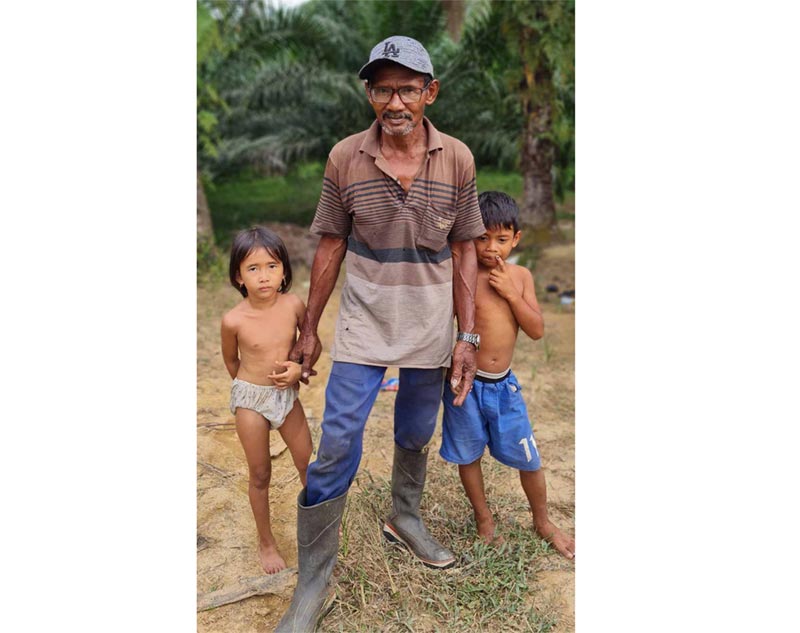
Credit: Dyna Rochmyaningsih
To contain the outbreak, a massive polio vaccination drive for children aged zero to 15 was conducted in Aceh from November to December. It was a daunting task: Aceh has a history of anti-vaccine agitation, a legacy of rumours and mistrust. But a broad consortium of partners, including the World Health Organization (WHO), UNICEF, local governments, religious councils, and schools pulled together, and the target was achieved.
Before the outbreak, Aceh had the lowest vaccination rate in Indonesia. During the past five years, polio vaccination coverage had never reached 60%. In Pidie Jaya, the rate was as low as 17%. Here, myths outcompeted facts. "People told me that immunisation could make our kids sick," the polio-stricken boy's father told Kompas.com, "so I didn't give it to him."
Have you read?
Prima Yosepine, a scientist who works on disease control and prevention at the Ministry of Health, says that cross-sectoral collaboration is crucial to overcome this problem. "The health sector cannot work alone. We need resources and financial support to conduct the programme," she says.
Once the outbreak was declared, the ministry consulted WHO for technical advice, contacted local governments for access to children's data, and coordinated with schools and Islamic leaders to promote the importance and safety of the vaccines. This collaboration proved successful. According to government data, per 12 March 2023, around 95% of children aged zero to 15 in Aceh have been vaccinated against the outbreak strain of the virus.
That meant mass deployment of a vaccine that was not part of Indonesia's routine immunisation programme – the novel Oral Polio Vaccines Type 2 (nOPV2) has not been regularly administered to children here.
Biofarma, Indonesia's leading vaccine manufacturer, produced it for this specific case. WHO approved the vaccines and a Global Polio Eradication Initiative grant funded the programme, says Dr Yosepine.
Risnawati, the Director of Flower Foundation, an NGO that focuses on women's empowerment and the protection of children, lauds the shift in approach. In the past, she says, the government seemed to use a medical approach only.
"But now, the mass vaccination has involved religious figures in Aceh who could educate the people about the importance of immunisation," she says.
In the past, concerns about non-halal vaccines affected measles vaccination coverage in the province – an object lesson on the importance of bringing religious authorities on board. The head of Himpunan Ulama Dayah Aceh, Muhammad Yusuf A Wahab, is said to be actively promoting the importance of vaccination.
"Mass vaccination in Aceh, which involved various local leaders and cross-sectoral approach, is an example of success. It could be a role model for other regions," says Dr Yosepine. Following the success in Aceh, mass polio vaccination has been expanded to North Sumatra, the closest province to Aceh, as well as two other provinces, West Sumatra and Riau.
